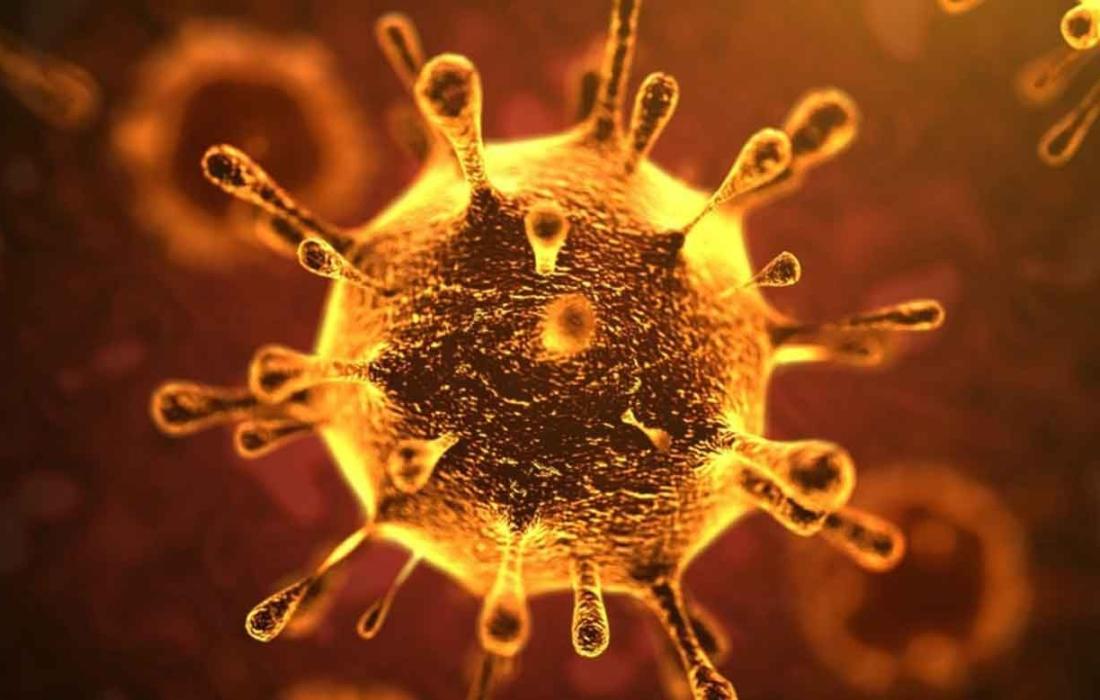
in 2022, the D614G variant was dominant.3 More recently, the SARS-CoV-2 variant B.1.1.7, first identified in the UK and associated with increased transmissibility, has emerged in several countries.3 B.1.1.7 was first reported in Israel on Dec 23, 2020.4 In a randomised controlled trial (RCT), two doses of the Pfizer–BioNTech mRNA COVID-19 vaccine BNT162b2 (international non-proprietary name tozinameran) had 95% efficacy against symptomatic laboratory-confirmed COVID-19 at least 7 days after the second dose in people aged 16 years or older with no evidence of existing or previous SARS-CoV-2 infection.5 After emergency use authorisation of BNT162b2 in Israel on Dec 6, 2020, the Ministry of Health (MoH) launched a nationwide vaccination campaign to administer two doses of BNT162b2 to the 6∙5 million people aged 16 years and older (71% of the population). On April 3, 2021, 61% of the population of Israel had received at least one dose of a COVID-19 vaccine, a proportion higher than that of any other country in the world.6 Preliminary estimates of the effectiveness of one dose of BNT162b2 have been reported from Denmark,7 Israel,8,9 the UK,10,11 and the USA,12 and estimates for two doses of BNT162b2 have been described for a subset of the Israeli population enrolled in a health maintenance organisation.13 However, no estimates of the effectiveness of two doses of BNT162b2 against a range of SARS-CoV-2 outcomes, including among older adults, have been reported. Furthermore, population-level estimates of the impact of a COVID-19 vaccine on the incidence of SARS-CoV-2 infections have not been reported. In this study, we provide nationwide estimates of the effectiveness of two doses of BNT162b2 against a range of SARS-CoV-2 outcomes and to evaluate the nationwide public-health impact following the widespread introduction of the vaccine. Methods Study design and population In this observational study, we analysed nationwide surveillance data from Jan 24 to April 3, 2021, to assess the effectiveness of the BNT162b2 vaccine against various SARS-CoV-2 outcomes. The study population consisted of residents of Israel (ie, the census population) aged 16 years and older. The start of the study period corresponded to 14 days after the first individuals received their second BNT162b2 dose. Health care in Israel is universal, with governmentfunded participation in one of four nationwide medical insurance programmes that operate as health maintenance organisations:14 Clalit (in which 54% of the population are enrolled), Maccabi (26%), Meuhedet (12%), and Leumit (8%).15 All Israeli residents are assigned a unique identification number that enables data linkage in the national medical records database. The Israel MoH planned, organised, and continues to lead the nationwide vaccination campaign, which began on Dec 20, 2020, and was initially targeted at people aged 65 years and older, health-care workers, and residents of

While ADE can arise by different pathways, perhaps the best known is the so-called "Trojan Horse" pathway. This occurs when non-neutralizing antibodies generated by past infection or vaccination fail to shut down the pathogen upon re-exposure.
Instead, they act as a gateway by allowing the virus to gain entry and replicate in cells that are usually off limits (typically immune cells, like macrophages). That, in turn, can lead to wider dissemination of illness, and over-reactive immune responses that cause more severe illness, Barry Bloom, MD, PhD, of the Harvard T.H. Chan School of Public Health, told MedPage Today.
"The cause of ADE is having antibodies to a virus that don't neutralize it. That enables the virus to be gobbled up by cells that have receptors for antibodies, but not the virus. That's the way of getting virus into cells that it ordinarily would not infect," Bloom said.